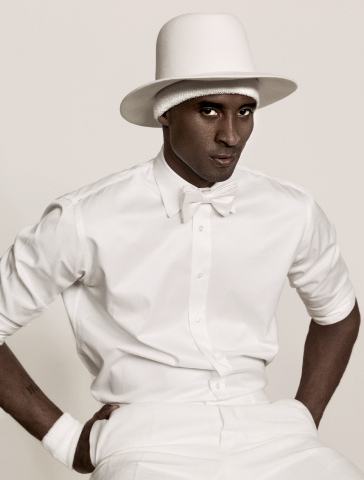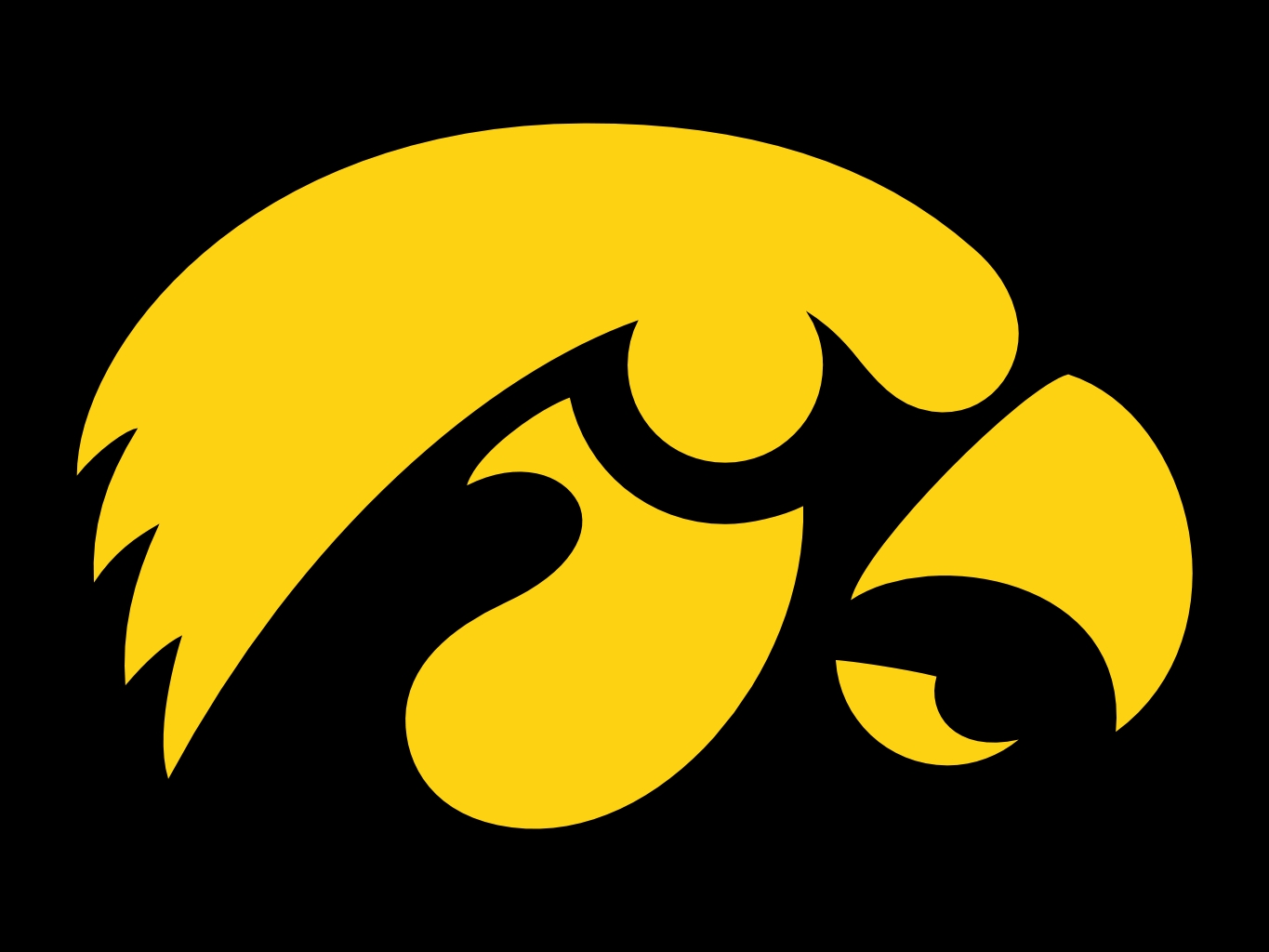NBA: 81%
This is by far the highest, and also the most wrong. Single teams don't distance themselves as often in the NBA, and some research I did in high school suggests that better teams win 60% of finals games, not 80%. Adjusting for that in the last two rounds puts the odds at around 48%.
College Football: 57%
People rag on the BCS, but I showed during BCS week that small playoffs are often better at selecting champions. Again, adjusting for using only the top teams and not the general random chance lowers the odds to 47%, which is still pretty high.
NFL: 55%
Even though this is the pro sport where the best team wins most often, single elimination hurts it. Byes help though (these odds assume the best team gets a bye). Assuming that the best team only wins .7 of the time (better for the playoffs) lowers the odds to 42%
You may be laughing now because I've corrected the random chance odds for each sport so far. It's much more accurate for the remaining sports though, either because top teams distance themselves farther (MLB and NHL) or because there is a full range of opponents in tourney play (MCBB and WCBB).
Women's College Basketball: 36%
We're probably a little thrown off because of UConn's recent success, but actually with 6 rounds of play even the women's tourney is ripe with upsets.
MLB: 33%
Series' are a necessity in a sport where even the worst teams win almost 40% of their games. The first round should probably become a best of 7 to help that out (it'd boost odds about 5%).
Men's College Basketball: 28%
We've seen this on full display in the tournament, as the clear best three (Ohio St, Kansas, Duke) have all fallen to lesser opponents. 6 rounds is fun though, so it's worth diluting it, but a 7th in the future would be a stretch.
NHL: 28%
This may seem weird with many former dynasties like the Canadiens, but in reality the modern day NHL is as full of parity as baseball, and with an extra round the best team's chances are the worst of any major U.S. sport.



